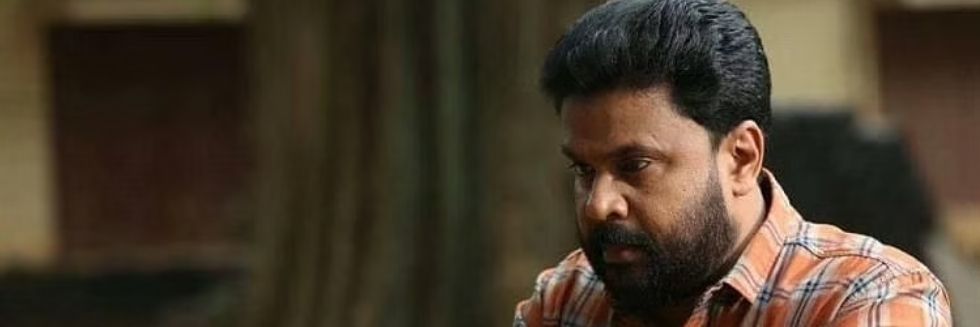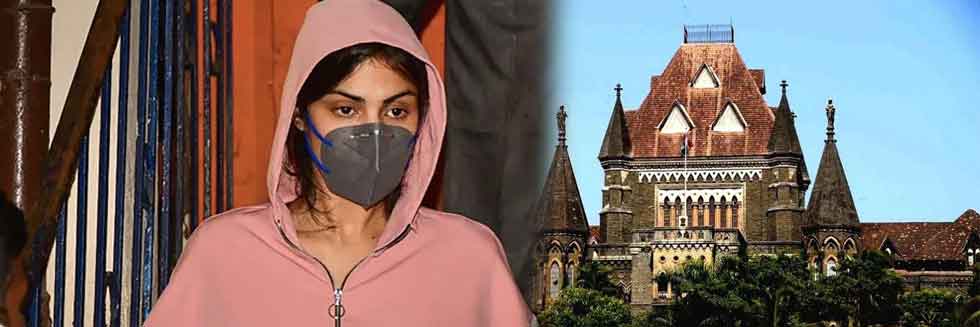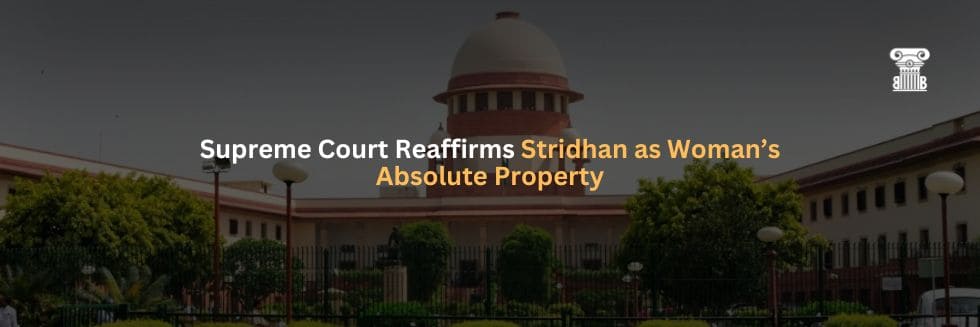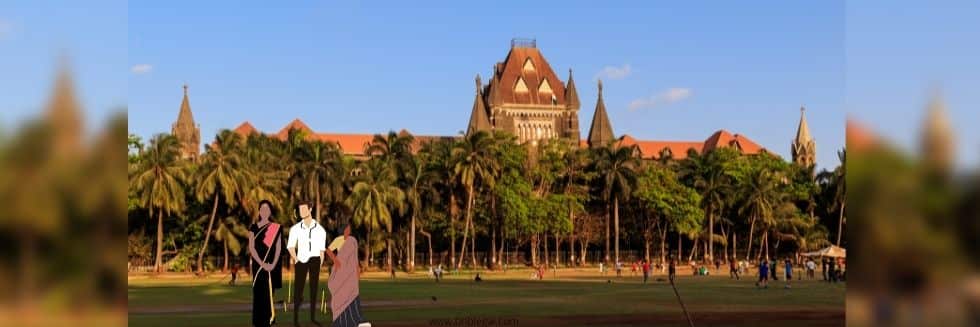Delhi High Court has ruled that the wife’s right to seek redressal under the Hindu Marriage Act should prevail over her husband’s right to privacy when it comes to allegations of adultery.
The bench noted that demanding details of hotel room bookings and call detail records (CDR) for proving a case of adultery does not amount to a violation of the right to privacy.
The bench comprising Justice Rekha Palli stated that the right to privacy is not an absolute right and is subject to reasonable restrictions if they are in the public interest.
“The Hindu Marriage Act specifically recognises adultery as a ground for divorce and therefore, it would not at all be in public interest that the Court should on the ground of right to privacy, come to the aid of a married man who, during the subsistence of his marriage, is alleged to have indulged in sexual relationships outside his marriage,” the bench noted.
The bench upheld a family court order wherein the wife was allowed to summon the records of a hotel room where her husband allegedly stayed with another woman. The High Court bench also asked for the Call Detail Records (CDR) of the two numbers which belong to the husband.
The wife had filed a divorce plea on the grounds of adultery and cruelty. She alleged that her husband had stayed with a woman and her daughter in a hotel in Jaipur.
However, the husband contended that getting access to the hotel CCTV and call records will not only infringe his privacy but will also violate the privacy of his friend also. He went on to argue that it would also cast grave aspersions not only on the reputation and character of the woman whom he coincidentally met at the hotel, but would also put a question mark on the legitimacy and paternity of the woman’s minor child.
“The payment and reservations details along with the ID proofs of the occupants of the room will surely throw light on this crucial issue as to whether the petitioner was indeed staying with a lady other than his wife in the same room. Similarly, the call details will surely be indicative of the fact as to whether the conversations of the petitioner with the lady were of such duration and frequency as is not expected between colleagues,” the bench stated.
Delhi High Court bench rejected the argument that these records amount to a roving and fishing inquiry.
“I may observe that it is not as if the respondent is seeking information about any stranger staying in the hotel, her plea is only for records pertaining to her legally wedded husband, who she has a reason to believe is indulging in adultery with a particular lady in a particular room,” Justice Palli said.
She added that in a case like this when a wife seeks the help of a court for procuring evidence which would go a long way to prove adultery on the part of her husband, the court must step in.
“This would be in consonance with Section 14 of the Family Courts Act which gives a leeway to the Court to consider evidence which may be not admissible or relevant under the Indian Evidence Act,” the bench noted.






